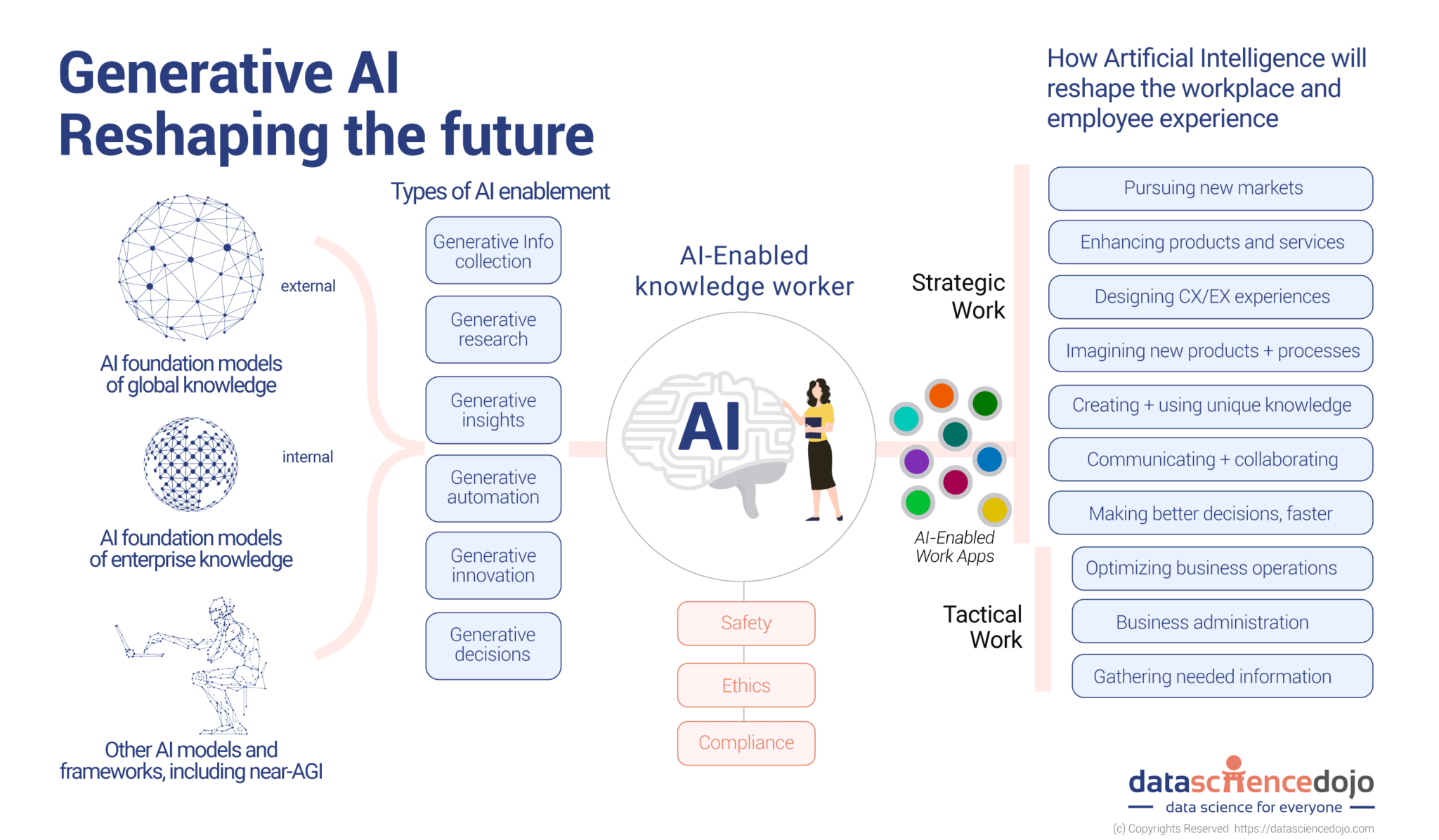
The AI Renaissance: Unleashing the Power of Generative ModelsThe AI Renaissance: Unleashing the Power of Generative Models The advent of Generative Artificial Intelligence (AI) models has ushered in an era of unprecedented transformative potential, known as the “AI Renaissance.” These models possess the remarkable ability to create novel content, ranging from text and images to music and videos, with astonishing realism and coherence. Unleashing the Creative Potential: Generative models have unlocked a new frontier for human creativity. They empower artists, musicians, and writers to explore uncharted territories and to produce innovative works of art. For example, text-generating models like GPT-3 can generate entire novels, poems, and plays that mimic human writing styles. Transforming Industries: Generative models are transforming industries far beyond the realm of art and culture. In healthcare, they aid in drug discovery and medical diagnosis. In finance, they enhance financial modeling and fraud detection. In manufacturing, they accelerate product design and prototyping. Revolutionizing Data Analysis: Generative models provide a powerful tool for data analysis. They enable researchers to generate realistic synthetic data, which is invaluable for training machine learning models, testing hypotheses, and identifying patterns in complex datasets. Augmenting Human Capabilities: Generative models serve as powerful assistants, augmenting human capabilities across various domains. They can generate code snippets, translate languages, and even compose music that complements existing compositions. This frees humans from mundane tasks, allowing them to focus on more creative and strategic endeavors. Ethical Considerations: As with any transformative technology, the use of generative models raises important ethical considerations. Proper regulation is necessary to prevent misuse, such as deepfakes or the spread of misinformation. Additionally, concerns about intellectual property and the impact on creative professions must be addressed. Future Challenges and Opportunities: The field of generative AI is rapidly evolving, with ongoing advancements in model efficiency, performance, and controllability. Future challenges include ensuring the accuracy and safety of generated content, developing guidelines for ethical use, and finding new applications for this transformative technology. Conclusion: The AI Renaissance, powered by generative models, is a testament to the transformative nature of artificial intelligence. These models unlock unprecedented creative potential, enhance human capabilities, and revolutionize industries across the board. As we navigate the challenges and opportunities presented by this technology, it is essential to embrace an ethical and responsible approach to ensure that this AI revolution benefits humanity in the years to come.
Posted inNews